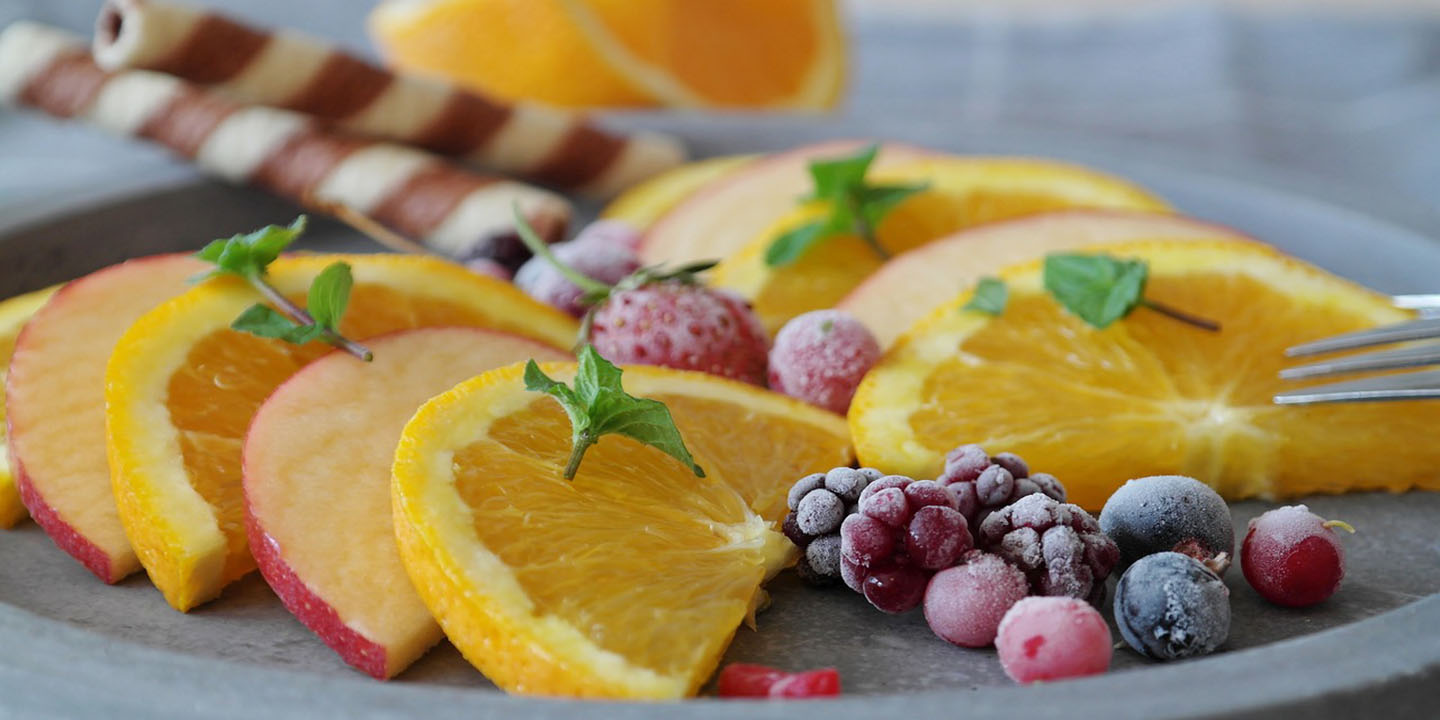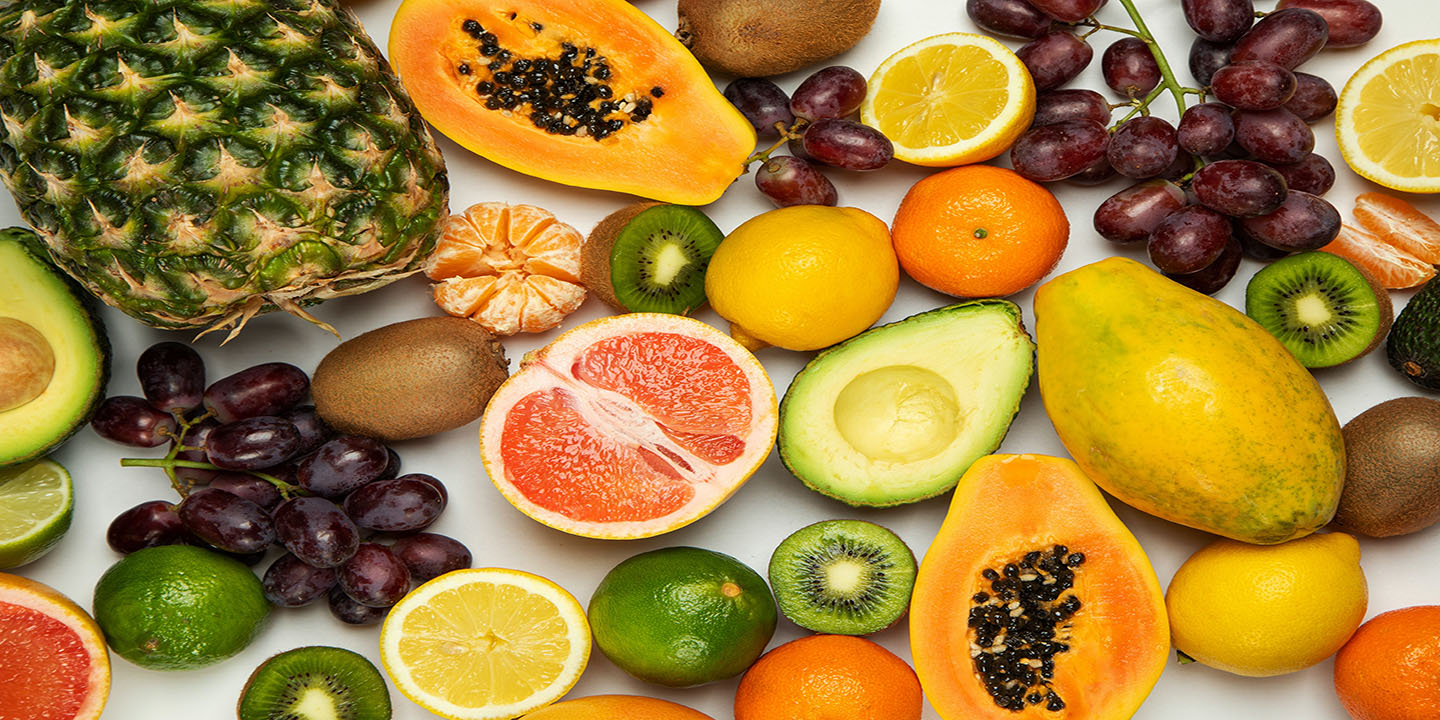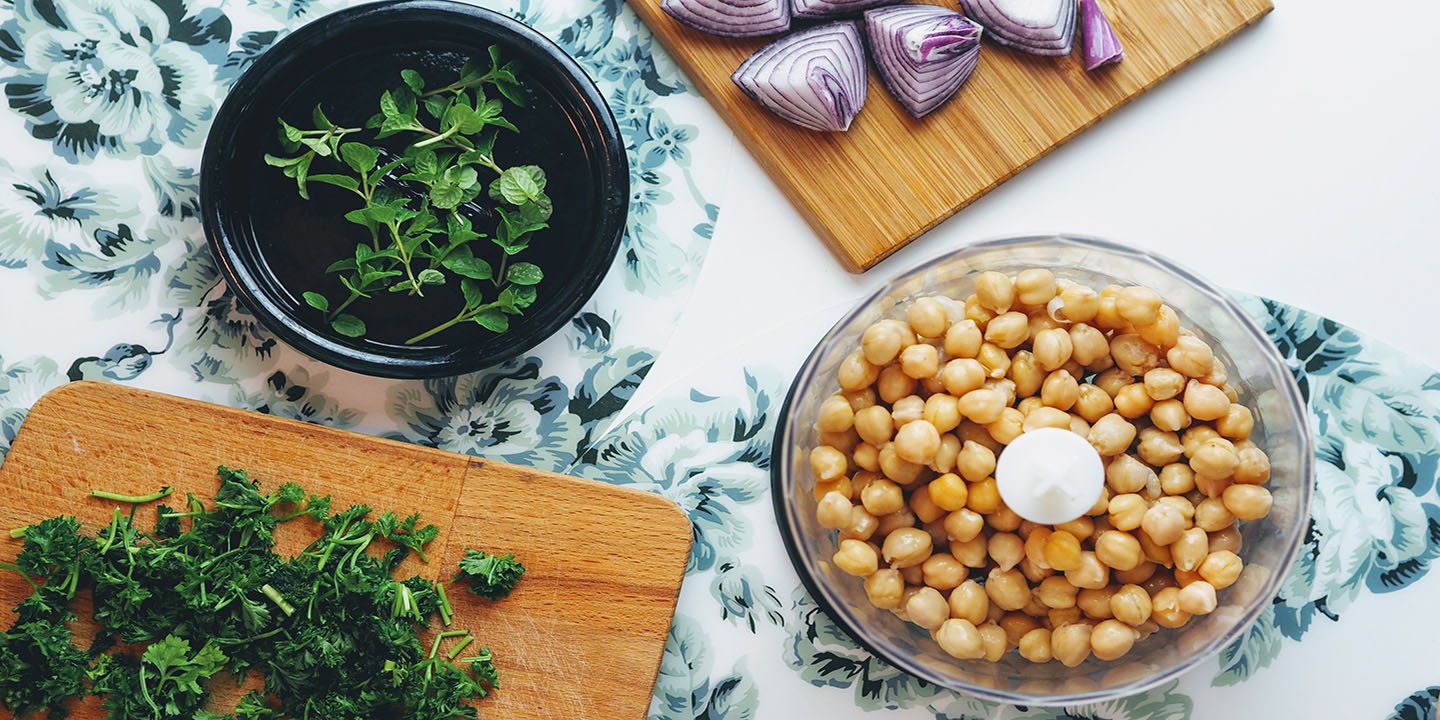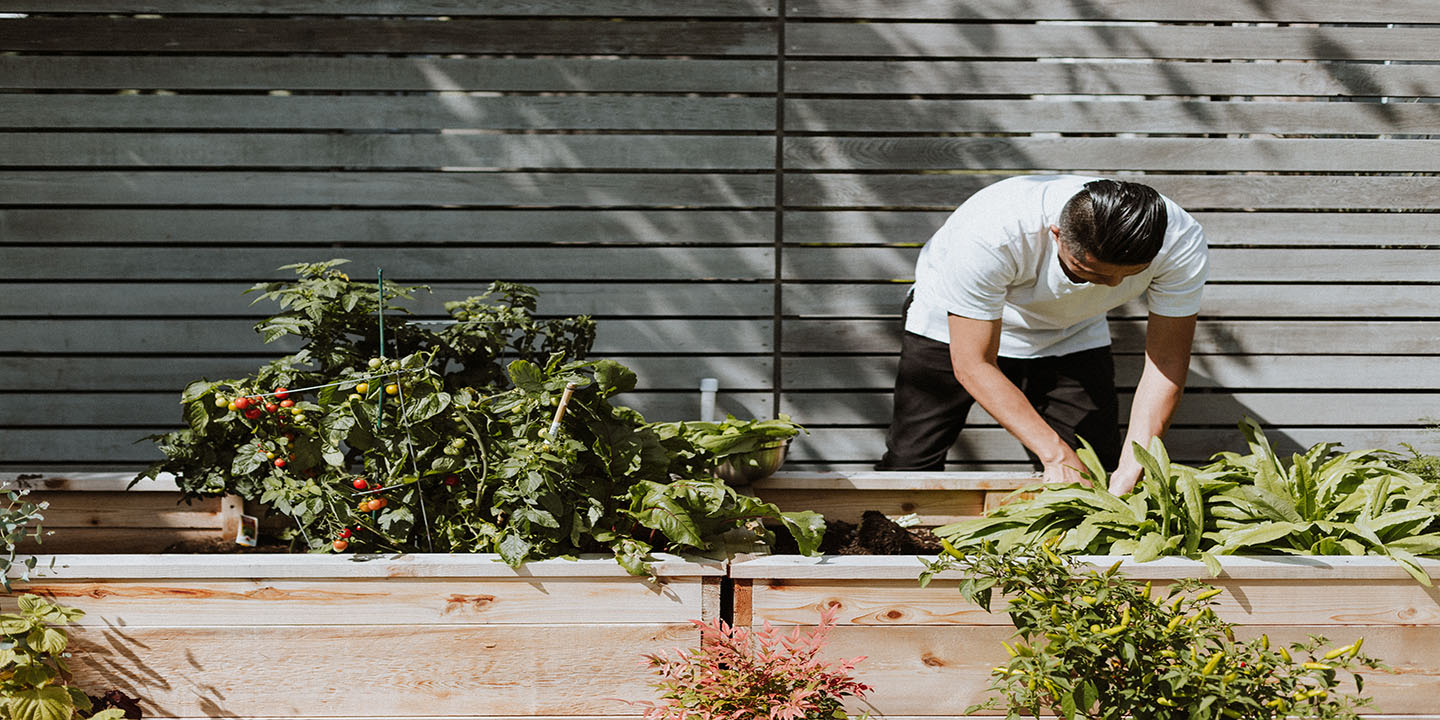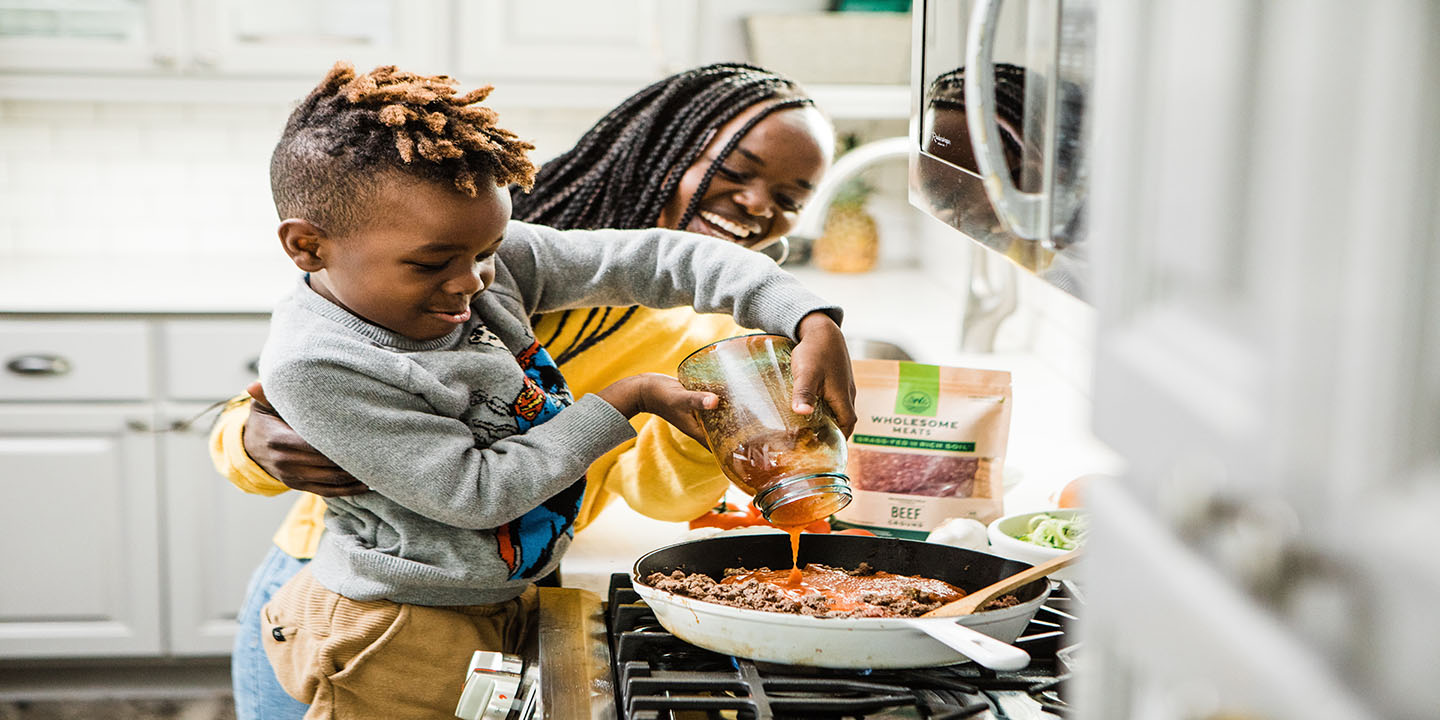10 Foods That Commonly Cause Food Poisoning & 10 Ways To Prevent It
Food poisoning always seems to come out of nowhere, but in reality, there are certain signs that you might be missing. In this article, you'll find 10 foods that are common culprits, but also 10 things you can do to prevent it or at least reduce the risk.
1. Raw Fish
Sadly, your favourite food, sushi, might be the cause of your most recent food poisoning. Although sashimi is a beloved menu item, raw fish can contain parasites and bacteria if not handled and stored properly. It's absolutely vital that the fish is completely frozen before serving so that it kills the parasites, but the handling and preparation stage is just as important. This isn't the type of food to treat carelessly!
2. Raw Eggs
As you probably already know, eating raw or undercooked eggs can lead to Salmonella, which is a big fear many people have. Eggs can be contaminated if the shell itself is cracked or dirty, which means you should be taking extra care to cook the eggs properly so that it kills off any bacteria.
 Photo by Olga Petnyunene on Unsplash
Photo by Olga Petnyunene on Unsplash
3. Pre-Packaged Salads
Although pre-packaged salads are a great option for busy, on-the-go people, you still have to approach it with caution. If it contains leafy greens, there's a possibility that the ingredients weren't handled properly and could be contaminated. And you won't be happy to hear that those types of bacteria can survive even refrigerated conditions.
 Image by Lebensmittelfotos from Pixabay
Image by Lebensmittelfotos from Pixabay
4. Undercooked Ground Beef
As with many others on this list, eating food that hasn't been cooked through thoroughly can be very dangerous. As is such with ground beef. Eating undercooked ground beef can lead to serious stomach issues, so it's best that you always cook it until it's fully done. This isn't a steak - you shouldn't be eating this "rare" or "medium."
5. Shellfish
When we talk about shellfish, there's one big culprit of food poisoning that we definitely want to point out. If your mind jumped to raw oysters, you are correct! As you're probably understanding now, eating anything raw comes with a certain risk. If you want to decrease those chances by a lot, you definitely should just consider eating fully cooked seafood.
6. Raw Fruits and Vegetables
While fruits and vegetables are definitely good for you, it doesn't mean you should be lazy about the preparation and handling stage when cooking them. It's absolutely crucial that you wash your fruits and veggies very carefully and thoroughly. Sometimes, the bacteria and harmful pathogens come from the soil and water it was grown in! Make sure you do your best to wash all that away.
 Photo by Nadine Primeau on Unsplash
Photo by Nadine Primeau on Unsplash
7. Undercooked Eggs in Dressings
Whether you're making a homemade salad dressing, a tasty hollandaise sauce for your eggs benedict, or making mayo by hand, always be careful when working with undercooked eggs. If you're not careful during the process, it may be contaminated with Salmonella and you are simply spreading it.
 Photo by Jessica Lewis 🦋 thepaintedsquare on Unsplash
Photo by Jessica Lewis 🦋 thepaintedsquare on Unsplash
8. Cooked Rice
Eaten by many cultures around the world, cooked rice is a surprising culprit of food poisoning that many people don't realize. When rice is left at room temperature for too long and if it isn't stored properly, a harmful bacteria might start to grow. That's why refrigeration is so important when it comes to rice, and when eating, make sure that it is fully reheated before consuming.
 Photo by Mgg Vitchakorn on Unsplash
Photo by Mgg Vitchakorn on Unsplash
9. Raw Poultry
We all know the dangerous of eating raw poultry, specifically chicken. When it comes to this meat, cooking it till it is fully cooked is of utmost importance. Learn what the correct temperature a properly cooked chicken is, and make sure you follow those guidelines every time you cook it; this is how to ensure you're killing those dangerous bacterias and pathogens.
 Photo by Eiliv Aceron on Unsplash
Photo by Eiliv Aceron on Unsplash
10. Unwashed Leafy Greens
You've seen how dirty leafy greens like spinach and kale can be - there's no way eating all that dirt can be good for you! And with these vegetables, the dangers of food poisoning comes from not washing them properly. If the soil was contaminated, you have to make sure you both wash and handle them properly before cooking them fully through to prevent any foodborne illnesses.
1. Wash Hands Thoroughly
You learned at a young age to always wash your hands for at least 20 seconds before eating or cooking and here's why! There are tons of germs all around us, and as we touch and interact with things throughout the day, you have no idea what's on your hands. Making sure that you carefully wash your hands is step one in reducing your risk of all those harmful bacteria entering your body.
2. Clean Surfaces and Utensils
If your cutting board, knife, or utensils come in contact with any of the previously listed foods, it's important that they be thoroughly cleaned before being used again. Make sure you use hot, soapy water that can kill any germs or bacteria already forming.
 Photo by Tina Dawson on Unsplash
Photo by Tina Dawson on Unsplash
3. Cook Foods to Proper Temperatures
If you want to be really safe and ensure that your food is being thoroughly cooked, there's no harm in using a food thermometer. This is usually used for difficult foods like meats, where it's hard to tell how the inside looks.
 Photo by Clem Onojeghuo on Unsplash
Photo by Clem Onojeghuo on Unsplash
4. Store Foods at Safe Temperatures
Learn the best way to store your foods so that bacteria doesn't start forming. Make sure your refrigerator is set to the right temperature, make sure your food is stored well, and make sure they haven't been left out for too long.
5. Avoid Cross-Contamination
As mentioned, the reason why it's so important that you use separate cutting boards or wash them thoroughly first before a second use is so that you can avoid cross-contamination. This is especially important when dealing with raw meat or pre-packaged foods that are already ready to eat. You definitely don't want the raw chicken juices dripping into your ready-to-eat sandwich!
 Photo by Katie Smith on Unsplash
Photo by Katie Smith on Unsplash
6. Wash Fruits and Vegetables
The biggest takeaway from all of this? Wash your fruits and vegetables carefully before even cutting, eating, or cooking them! That should always be step one. And with certain foods that have peels or shells, you should still be washing them! It never hurts to be careful, and you never want the germs to transfer somewhere else without you knowing.
 Photo by Manki Kim on Unsplash
Photo by Manki Kim on Unsplash
7. Avoid Raw or Undercooked Eggs
We said multiple times already the dangers of working with or eating raw/undercooked eggs, so you know what, one easy way to reduce your risk of food poisoning is to just not deal with them at all! If you really need to use them for a recipe, make sure you use pasteurized eggs. And if you're just eating them, make sure that they are absolutely cooked fully before consuming. That yolk and egg white should be firm!
 Photo by Jonathan Cooper on Unsplash
Photo by Jonathan Cooper on Unsplash
8. Be Cautious with Leftovers
Leftovers are great! It means you don't have to cook or worry about scrambling to put a meal together. One important thing to note with leftovers is that you should always make sure to put them in the fridge within two hours of it sitting out, or else, it's got to go. On the flip side, remember that when you're pulling it out to eat, the reheating process is very important. Make sure it's fully heated through before consuming.
 Photo by Matthew Moloney on Unsplash
Photo by Matthew Moloney on Unsplash
9. Check Expiration Dates
Expiration dates are there for a reason! Always check the label or packaging to ensure that you're eating something that is still edible and in good condition. It's especially important for perishable items like dairy or meat when the expiration date matters the most. Can you imagine drinking milk that's gone bad? Bleh!
 Photo by Jon Tyson on Unsplash
Photo by Jon Tyson on Unsplash
10. Be Careful with Food from Unreliable Sources
While there's always going to be some uncertainty about the foods you pick up at the grocery store, it's a different story if you're buying food from outdoor vendors or street markets. If you're feeling at all a bit skeptical about the hygiene, it's a better idea to skip it and head to more reputable vendors that prioritize health and safety concerns.
KEEP ON READING

The Most Popular Signature Dishes Around the World
